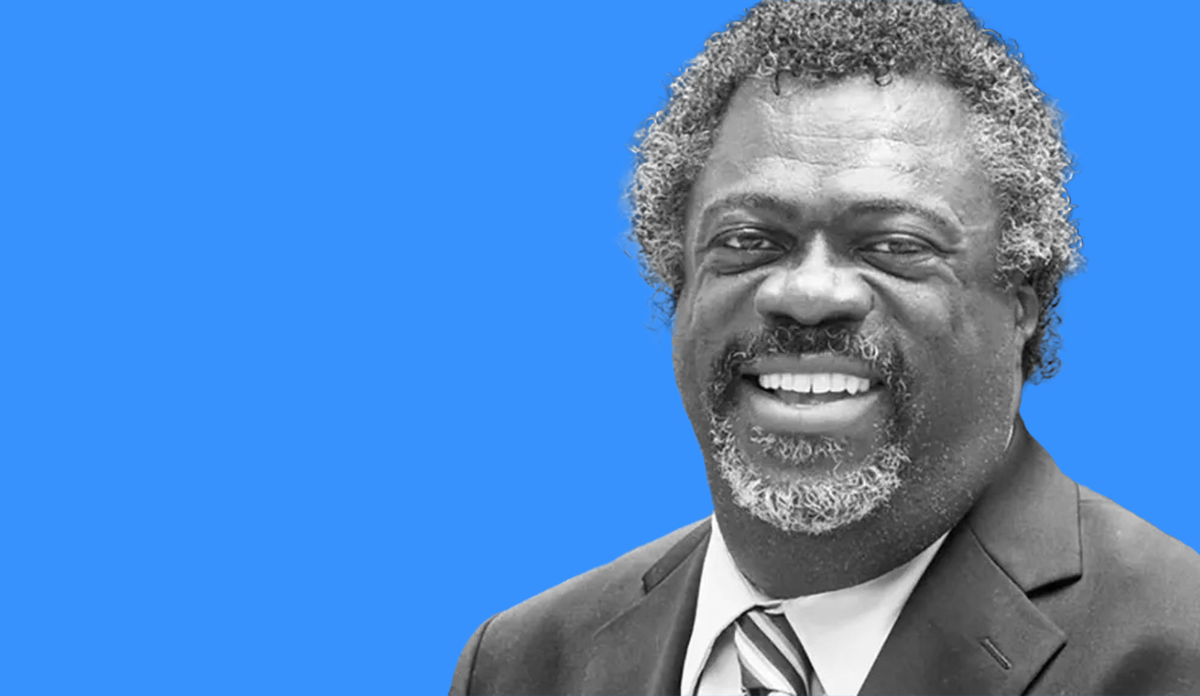Ernest Grant
Ernest Grant, vice dean for diversity, equity, inclusion, and belonging at Duke University School of Nursing, speaks about his work to prepare nurses to meet patient needs in an increasingly diverse America.

Read Time: 5 minutes
Published:
Ernest Grant is the vice dean for diversity, equity, inclusion, and belonging at Duke University School of Nursing and the first male president of the American Nurses Association. His work centers on improving nursing through diversity and equity, vital for quality patient care in a diverse America.
Public Health Post: Your groundbreaking journey is inspiring. How has your unique perspective influenced your approach to leadership in the field, particularly in addressing systemic issues like diversity and equity in nursing?
Ernest Grant: When I first entered the nursing profession in the mid-1970s, I did not see many people who looked like me—meaning men and in particular, African American men. I wanted to change that. As my career progressed, I went back to school to get my baccalaureate degree, my master’s degree, and PhD because I wanted to be able to do more, not only for the patients I was caring for, but also for the profession and to give voice to the profession. I felt that nursing was one of those professions where we didn’t really have a voice compared to other medical professionals like doctors, or if we did, it wasn’t taken all that seriously.
Nursing should be reflective of the people that we care for. Ideally, half of those in nursing should be men, and the field should be representative of every ethnicity. That’s one of the things that I’m trying to achieve with the diversity, equity, inclusion, and belonging (DEIB) work that I am doing – to make nursing as diverse as the population is.
At Duke, you’ve been instrumental in incorporating DEIB principles into nursing education. How do these core values enrich the education and practice of nurses?
By incorporating DEIB into the core curriculum, students get to embrace the role of being a nurse leader when they go out into the community, either within health care institutions or out in the community itself.
Having a strong foundation in DEIB is about who our fellow man is. What does it mean to work with or treat someone from a different ethnicity or religious background? To broach problems in the community together and work to solve them, we must understand how the community is functioning, who the community leaders are, and enlist their help to tackle the problems and issues the community may be seeing.
Nursing is currently facing critical challenges such as staffing shortages and high burnout rates. What stories do you think are important for the public to hear to fully understand these issues?
People need to understand that nurses are people too. We like to think of ourselves as superheroes, but we are part of the community. What happens in the community also affects nurses and their families. Nurses also need to listen to their bodies, especially when it comes to mental well-being. A lot of nurses fear that if someone finds out they may have sought mental health counseling, it will count against their license or job opportunities. So, it becomes a case of “do as we say, not as we do” when recommending to their patients to seek mental health care. I applaud nurses who recognize that they have mental health needs and seek help in whatever form that may take to maintain their well-being.
Looking ahead to the next decade, how do you envision the nursing profession evolving, especially in response to current challenges?
It’s estimated by 2030, we’re going to need an additional 3 million registered nurses. The average age of the nurse at the bedside right now is about 52 years of age. As health care expands, there’s a higher need for nurses to meet those needs.
We’ve got to make nursing more attractive. Part of that is increasing pay to a much more livable wage. The job also needs to have built-in scheduling flexibility. And we need to start recruiting early, getting elementary kids interested in nursing as a profession. We take the same STEM courses as physicians and pharmacists, but we need to let people know why being a nurse is rewarding and fulfilling as a career.
Nurses will also need to embrace the innovations and technology that will make their job easier and more efficient. As more technology comes into play, like AI, it will help nurses diagnose conditions much earlier. The use of robotics and other assistive devices will make the physical work much easier, as well. With these technological advancements, new graduates will need to become more practice ready, ideally going through a year-long residency program.
To support this evolution of the nursing profession, the community can advocate to policymakers to pay nurses a livable wage and give them opportunities for well-being and down time. Getting the public’s understanding of who we are as nurses and what we do is crucial to bringing about the changes that need to happen.
Dr. Grant spoke more about his work at Boston University School of Public Health’s Public Health Conversation, Nursing and The Health of the Public: The Next Decade, on May 8. Revisit the conversation here. Photo provided.



